Heart Stents
Some patients diagnosed with coronary heart disease may have blocked or narrowed arteries that prevent blood flow.
The Lakewood ASC medical team has extensive experience in treating cardiac disease and may recommend that you have a cardiac catheterization test where the doctor feeds a thin plastic tube through your blood vessels up to your heart to look for any abnormalities or for blocked arteries.
Depending on the how serious a blockage is, the cardiologist may decide stenting should be done right away.
Additionally, if you experience chest pain that does not improve with medication or if you are having a heart attack or had a heart attack recently, a stent may be ordered.
What is a heart stent?
A heart stent is a small metal tube, up to one inch long, (sometimes called a “balloon”) that helps open a blocked artery. Many stents have medicated coatings that help prevent the artery from narrowing again. The cardiologist may insert a stent while you are having a cardiac cath.
To implant the stent, the doctor will insert another plastic tube, along the same passage as the catheterization tube. The stent will be directed to the area of the blocked artery and then inflated to clear the passage and restore blood flow.
Patients do not feel the stent being implanted. Some patients feel better immediately after a stent is in place because blood flow has been restored.
After a stent is implanted
Once the stent(s) have been implanted, the doctor will remove the tube. You may have to stay in the hospital overnight for observation.
Your Lakewood ASC cardiologist will explain when you can drive and result normal activities before you leave.
It is not uncommon for patients to experience bleeding, bruising or soreness at the location where the catheterization tube was put in.
Your Lakewood ASC medical team, serving The Villages, Leesburg, Wildwood and areas throughout Lake County, Sumter County and Marion County has many resources to help you learn more about stents and other treatments for cardiovascular disease.

